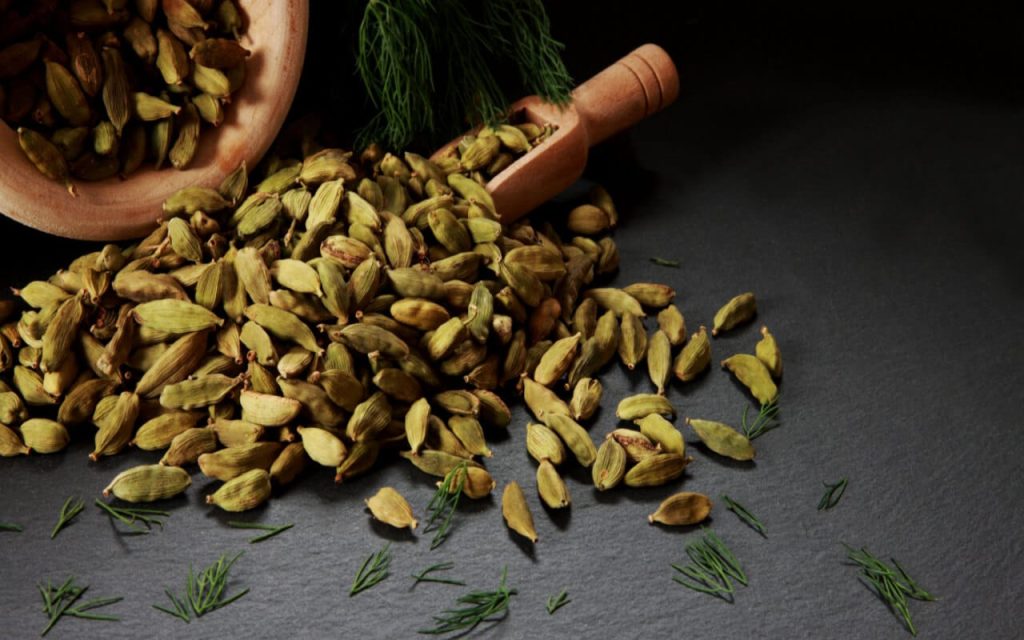
Cardamom, a fragrant spice commonly used in cooking, is also known for its digestive benefits. It contains compounds that can help alleviate indigestion, bloating, and gas by promoting the secretion of digestive enzymes and bile. Cardamom’s natural carminative properties help reduce gas formation and soothe the digestive tract, making it an effective remedy for an upset stomach. Additionally, its antioxidant and anti-inflammatory qualities support overall gut health.
Incorporating cardamom into your diet, whether in tea, meals, or simply chewing the seeds, can be a natural way to ease tummy troubles and improve digestion.
What are the active compounds in cardamom that contribute to its digestive benefits?
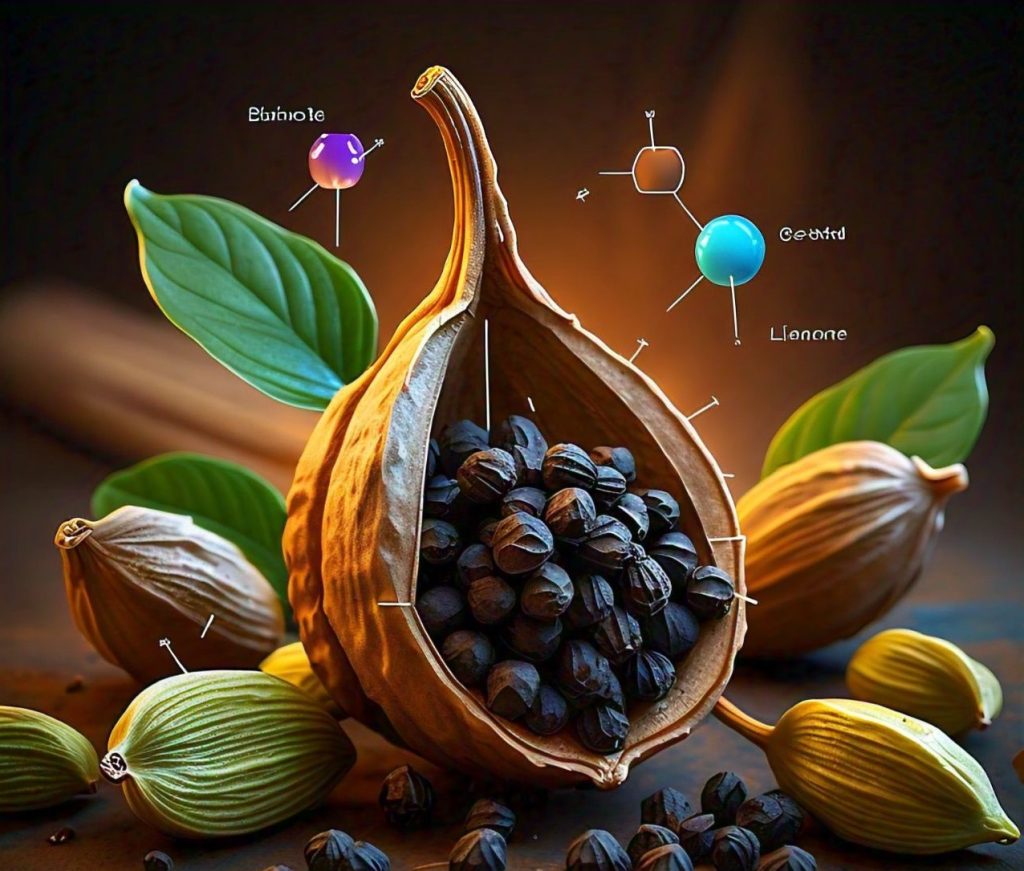
Cardamom, a popular spice in culinary and medicinal traditions, owes its digestive benefits to several active compounds. The primary bioactive components in cardamom include essential oils, such as cineole, terpinene, and limonene, along with other phytochemicals like flavonoids, alkaloids, and saponins.
- Cineole: This is a key component in cardamom’s essential oil, known for its anti-inflammatory and antimicrobial properties. Cineole can help soothe the stomach lining, reduce inflammation, and promote better digestion by enhancing the production of digestive enzymes.
- Terpinene: Terpinene contributes to cardamom’s carminative properties, helping to relieve gas and bloating by relaxing the gastrointestinal tract muscles and allowing trapped gas to pass more easily.
- Limonene: Limonene is another compound that aids in digestion by neutralizing stomach acid and reducing acid reflux. It also has mild analgesic properties, which can ease discomfort associated with indigestion.
- Flavonoids: These compounds have antioxidant effects, helping to protect the digestive tract from oxidative stress and inflammation. They also support the overall health of the gut lining.
These active compounds in cardamom work synergistically to enhance digestion, alleviate gastrointestinal discomfort, and promote overall gut health. Incorporating cardamom into your diet can provide a natural and effective way to support digestive well-being.
How does cardamom help alleviate symptoms of indigestion and bloating?

Cardamom has natural carminative and anti-inflammatory properties that help alleviate symptoms of indigestion and bloating. Here’s how:
- Reduces gas and bloating: Cardamom’s essential oils help relax the muscles in the digestive tract, allowing gas to pass more easily and reducing bloating.
- Stimulates digestion: Cardamom’s active compounds, like cineole and limonene, stimulate digestive enzymes, improving nutrient absorption and reducing indigestion.
- Soothes the stomach: Cardamom’s anti-inflammatory properties help reduce inflammation in the stomach lining, alleviating discomfort and pain.
- Relaxes the digestive tract: Cardamom’s carminative properties relax the muscles in the intestines, reducing spasms and cramps.
- Improves gut motility: Cardamom helps regulate bowel movements, preventing constipation and reducing symptoms of indigestion.
- Reduces acidity: Cardamom’s alkaline properties help neutralize stomach acid, reducing heartburn and indigestion.
By incorporating cardamom into your diet, you can experience relief from indigestion and bloating, enjoying a more comfortable and healthy digestive system.
Can cardamom be used to treat irritable bowel syndrome (IBS)?
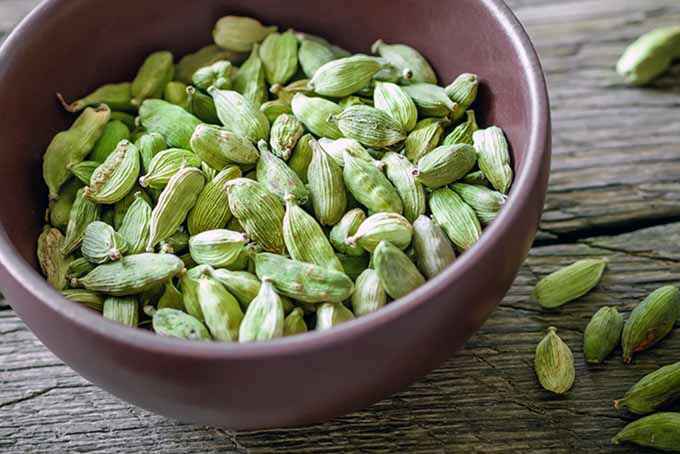
Yes, cardamom may help alleviate IBS symptoms due to its:
- Carminative properties, reducing gas and bloating
- Anti-inflammatory effects, soothing the stomach and intestines
- Antispasmodic properties, relaxing intestinal muscles
- Ability to regulate gut motility and improve digestion
Additionally, cardamom’s ability to relax gut muscles and promote the secretion of digestive enzymes can aid in better digestion and reduce cramping. While cardamom can be a supportive natural remedy, it should not replace medical treatment for IBS. Consulting a healthcare provider is recommended for personalized advice and treatment plans.
However, consult a healthcare professional before using cardamom as a treatment for IBS.
Are there any studies that demonstrate cardamom’s effectiveness in reducing nausea and vomiting?
Yes, several studies suggest that cardamom may be effective in reducing nausea and vomiting. One study published in the Journal of Basic and Clinical Physiology and Pharmacology found that cardamom essential oil significantly reduced nausea in patients undergoing chemotherapy. Another study in the Journal of Ethnopharmacology highlighted cardamom’s antiemetic properties, which help alleviate nausea and vomiting. These effects are attributed to cardamom’s active compounds, such as cineole and limonene, which have soothing effects on the stomach and help reduce queasiness. While promising, more research is needed to confirm its effectiveness across different populations.
Some studies demonstrate cardamom’s effectiveness in reducing nausea and vomiting:
- A 2018 study published in the Journal of Ethnopharmacology found cardamom essential oil reduced nausea and vomiting in chemotherapy patients.
- A 2019 study in the Journal of Ayurveda and Integrative Medicine found cardamom powder reduced postoperative nausea and vomiting.
- Animal studies have also shown cardamom’s antiemetic properties, reducing nausea and vomiting in rats and mice.
These studies suggest cardamom may be a useful natural remedy for nausea and vomiting, but more human trials are needed to confirm its effectiveness.
How does cardamom affect gut bacteria and the gut microbiome?
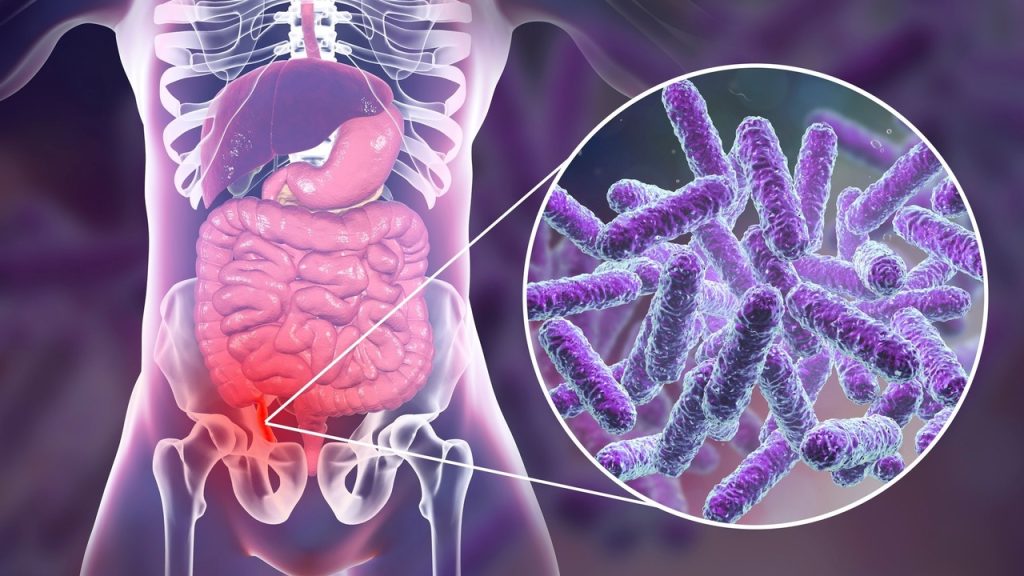
Cardamom has a beneficial impact on gut bacteria and the gut microbiome, largely due to its bioactive compounds like essential oils, flavonoids, and phenolic acids. These compounds exhibit antimicrobial, antioxidant, and anti-inflammatory properties, which can positively influence the gut environment.
- Antimicrobial Activity: Cardamom contains cineole, terpinene, and limonene, which have been shown to inhibit the growth of harmful bacteria in the gut. This antimicrobial action helps maintain a balanced gut microbiome by suppressing pathogenic bacteria and preventing dysbiosis, a condition where harmful bacteria outnumber beneficial ones.
- Prebiotic Potential: Some studies suggest that cardamom may act as a prebiotic, promoting the growth of beneficial bacteria in the gut. These beneficial bacteria, such as Lactobacillus and Bifidobacterium, are crucial for maintaining gut health, aiding digestion, and supporting the immune system.
- Anti-Inflammatory Effects: The anti-inflammatory properties of cardamom help reduce gut inflammation, which is often associated with imbalances in the gut microbiome. By lowering inflammation, cardamom supports a healthier gut lining and promotes a more favorable environment for beneficial bacteria.
Overall, cardamom contributes to a healthier gut microbiome by promoting the growth of beneficial bacteria, reducing harmful bacteria, and alleviating inflammation in the gastrointestinal tract.
Can cardamom be used to treat stomach ulcers and inflammation?
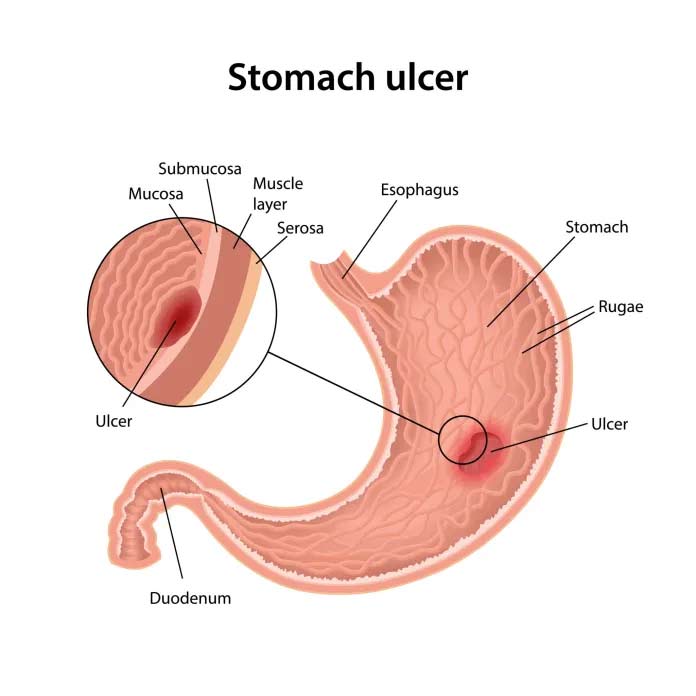
Cardamom has potential benefits in treating stomach ulcers and inflammation due to its bioactive compounds, such as essential oils (cineole, terpinene), flavonoids, and phenolic acids. These compounds possess strong anti-inflammatory, antioxidant, and antimicrobial properties, which can help soothe and protect the stomach lining.
- Anti-Inflammatory Effects: Cardamom’s anti-inflammatory properties help reduce inflammation in the gastrointestinal tract, which is crucial for managing conditions like gastritis and stomach ulcers. By lowering inflammation, cardamom can alleviate the pain and discomfort associated with these conditions.
- Antioxidant Properties: The antioxidants in cardamom, including flavonoids and phenolic acids, protect the stomach lining from oxidative stress, which can exacerbate ulcer formation. These antioxidants neutralize free radicals, preventing further damage to the stomach’s mucosal lining and promoting healing.
- Gastroprotective Action: Some studies have shown that cardamom can increase the production of gastric mucus, which acts as a protective barrier against stomach acid. This mucus layer helps prevent the formation of ulcers and promotes the healing of existing ones.
While cardamom may provide supportive benefits for treating stomach ulcers and inflammation, it should not replace conventional medical treatments. Consulting with a healthcare professional is recommended for an appropriate treatment plan.
Are there any potential interactions or side effects of using cardamom for digestive issues, especially when combined with medications?

Cardamom is generally safe for most people, but there are potential interactions and side effects when used for digestive issues, especially alongside medications. Cardamom may interact with anticoagulants, as it has mild blood-thinning properties, potentially increasing bleeding risk. It may also interfere with certain medications by affecting how the body metabolizes them, either enhancing or reducing their effectiveness.
Additionally, excessive consumption of cardamom could lead to gastrointestinal discomfort, such as heartburn or allergic reactions. If you’re taking medications or have a medical condition, it’s advisable to consult a healthcare provider before using cardamom as a digestive remedy.
CASE STUDIES
Here are two potential case studies for “Cardamom and Digestion”:
Case Study 1:
Title: Relief from IBS Symptoms with Cardamom
Patient: 35-year-old female, diagnosed with irritable bowel syndrome (IBS)
Symptoms: Abdominal pain, bloating, and frequent diarrhea
Treatment: 1 teaspoon of ground cardamom thrice a day for 6 weeks
Outcome: Significant reduction in abdominal pain and bloating, improved bowel movements, and reduced frequency of diarrhea
Case Study 2:
Title: Cardamom for Chemotherapy-Induced Nausea
Patient: 50-year-old male, undergoing chemotherapy for cancer
Symptoms: Severe nausea and vomiting during chemotherapy sessions
Treatment: Cardamom essential oil inhalation 30 minutes before chemotherapy, and 1 capsule of cardamom powder thrice a day for 4 weeks
Outcome: Reduced severity and frequency of nausea and vomiting, improved appetite, and enhanced overall quality of life during chemotherapy
Please note that these case studies are hypothetical and for illustration purposes only. Real-life case studies would require actual patient data and medical professional oversight.
Conclusion
Cardamom has been shown to have numerous benefits for digestive health, including relieving symptoms of indigestion, bloating, and nausea. Its natural carminative, anti-inflammatory, and antispasmodic properties make it an effective remedy for various digestive issues.
The spice has been used for centuries in traditional medicine and is now backed by scientific studies demonstrating its efficacy. Whether consumed as a spice, tea, or essential oil, cardamom offers a natural and holistic approach to promoting digestive well-being. Incorporating cardamom into your diet may provide relief from digestive discomfort and support overall gut health.
